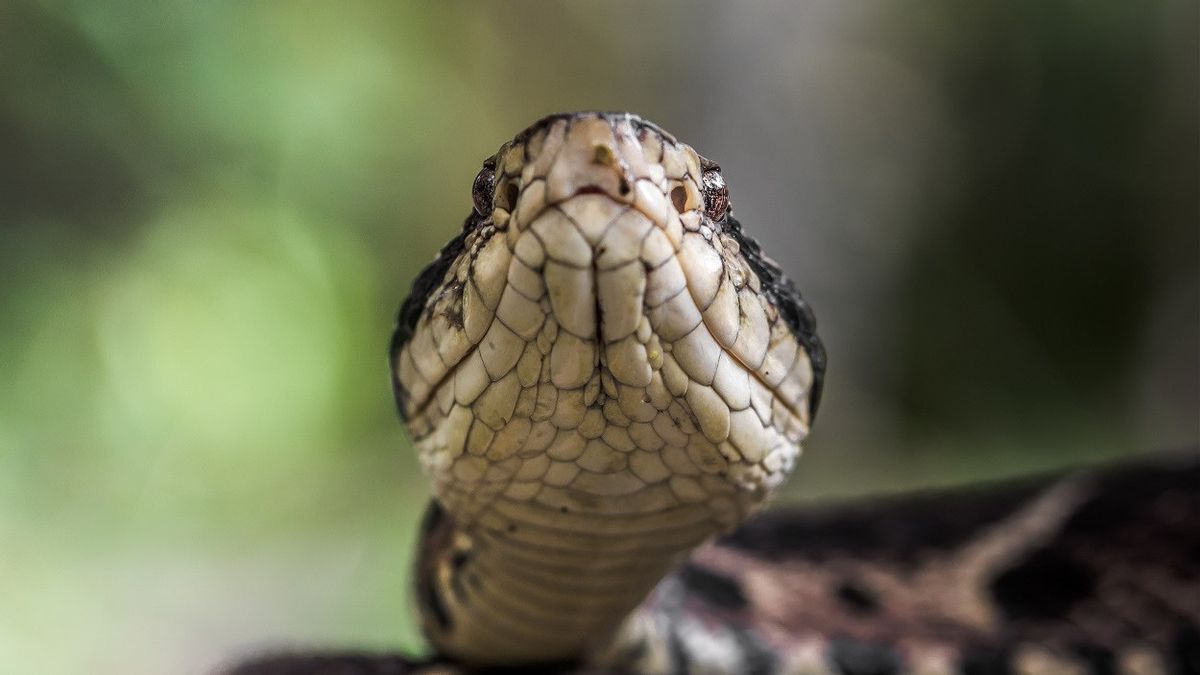JAKARTA - A substance found in fruits and vegetables can neutralize the venom of a viper common in much of South America, Brazilian researchers have found.
In Brazil, Bothrops jararaca, also called "yarara," is responsible for most of the country's approximately 26,000 snakebites recorded each year, according to the online Reptile Database.
The study, carried out by the Butantan Institute of Sao Paulo and published in the journal 'Frontiers in Pharmacology', found a modified version of the compound rutin, the water-soluble succinyl rutin, could delay the effects of a poisonous bite.
These findings could complement standard treatment with anti-botropic serum, offering emergency relief for those bitten in remote locations where direct access to medical services is not possible.

Marcelo Santoro, who coordinated the research, said the serum treated the first effects of a snakebite.
"In this case, rutin will serve as an adjuvant: not to replace serum, but to delay the effects of poisoning, control bleeding and inflammation," he said.
It is known that when a viper bites you, it will usually leave one, two, or three puncture marks on the skin. You may not see this sign at all.
A few minutes after the bite, you will begin to feel severe pain with rapid swelling and bruising of the skin, as quoted by the Indiantimes.
In severe cases, people can experience difficulty breathing, heavy bleeding, and even the rare compartment syndrome. About 10-15 percent of venomous snake bites are very severe.
The English, Chinese, Japanese, Arabic, and French versions are automatically generated by the AI. So there may still be inaccuracies in translating, please always see Indonesian as our main language. (system supported by DigitalSiber.id)













